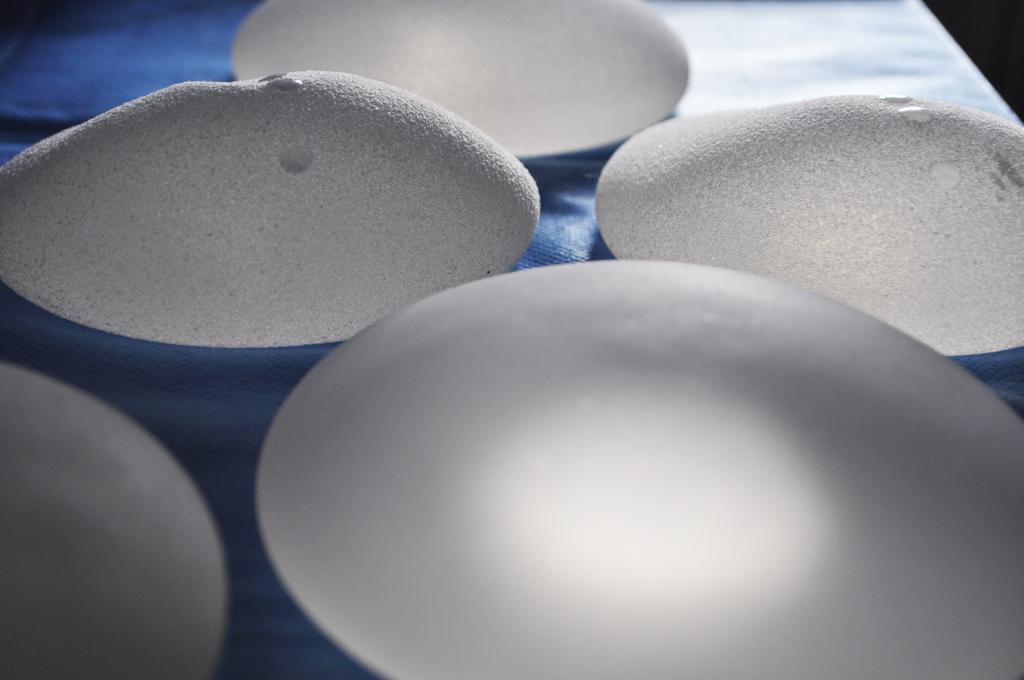What is a breast implant capsule and how do they form?
All breast implants form a capsule. This is the body’s normal reaction to the presence of foreign material (silicone). The body’s immune system detects foreign material and acts to wall it off from the rest of the body by depositing scar tissue (collagen) around it – the capsule. The capsule itself is made of 3 layers: an inner layer formed by immune cells, a middle layer containing blood vessels and an outer layer containing collagen.
What is capsular contracture (CC)?
The vast majority of capsules are soft and will not cause any problems. In some instances, however, collagen deposition within the capsules can become very exaggerated leading to CC – an abnormal thickening of the capsule. Risk factors for developing CC include implant infection, implant rupture, bleeding after breast implant insertion and radiotherapy as part of cancer treatment.
What other problems can arise with capsules?
CC is by far the most common capsule-related problem. Other conditions that affect breast implant capsules include breast implant-associated anaplastic large cell lymphoma (BIA-ALCL). This is an extremely rare cancer that can arise within implant capsules and is explained in much greater detail in a separate news post.
How will I know if my implant capsule is causing me problems?
Symptoms of CC include hardening of the breast, changes in breast shape (particularly a high implant position) and pain. BIA-ALCL often presents with breast swelling as fluid collects within the capsule and, rarely, a lump which can be felt arising out of the capsule.
What is the BASILICA study?
The BASILICA study (Breast implant-associated anaplastic large cell lymphoma and capsular contracture study) is a unique capsule biobanking study being led by Mr Khan at The Royal Marsden Hospital. This study aims to collect capsule tissue from women with BIA-ALCL and CC to understand the molecular biology of how these conditions arise. In addition, the study will also investigate the how patient’s immune systems respond to silicone implant insertion.
For more information on breast implant capsule problems, or to arrange a consultation, contact Mr Khan’s practice.
Further reading:
Breast Implant-Associated Anaplastic Large Cell Lymphoma (BIA-ALCL)




